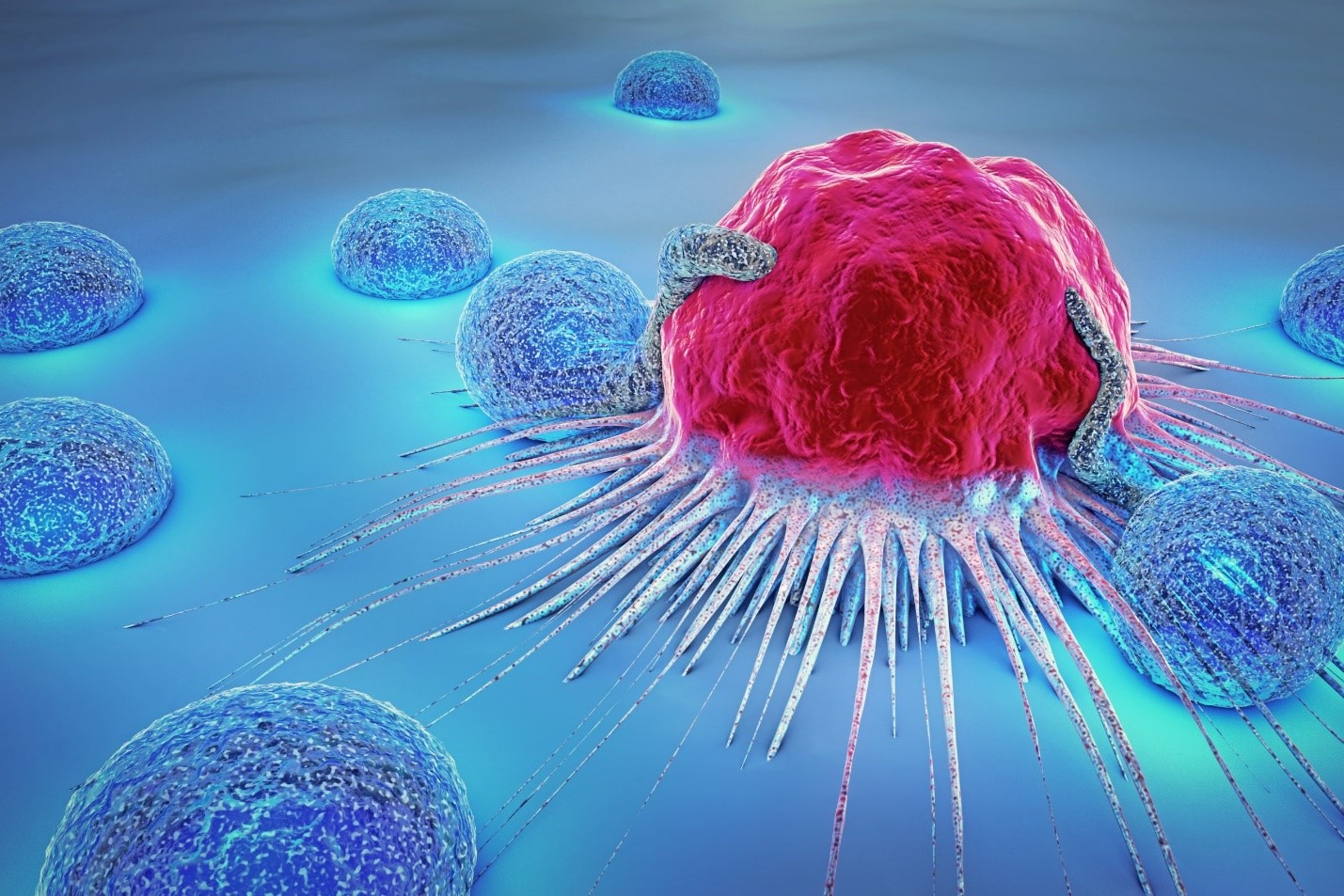In recent years, the field of oncology has seen a significant shift towards more individualized treatment approaches. One area that has gained considerable attention is the development of personalized nutrition plans for cancer patients. As research continues to uncover the intricate relationship between diet and cancer, personalized nutrition is emerging as a vital component of comprehensive cancer care. This article explores the rise of personalized nutrition plans for cancer patients, the science behind them, and their potential benefits.
Understanding Personalized Nutrition
Personalized nutrition refers to tailoring dietary recommendations to an individual’s unique genetic makeup, lifestyle, and health status. Unlike traditional nutrition advice, which often follows a one-size-fits-all model, personalized nutrition considers the variability in how individuals metabolize nutrients, respond to dietary components, and interact with environmental factors. This approach aims to optimize health outcomes by aligning dietary interventions with an individual’s specific needs and conditions.
The Link Between Nutrition and Cancer
The connection between diet and cancer is well-documented. Numerous studies have shown that certain dietary patterns can influence cancer risk, progression, and response to treatment. For instance, high consumption of processed foods and red meats has been associated with an increased risk of colorectal cancer, while diets rich in fruits, vegetables, and whole grains are linked to a lower risk of various cancers.
Nutrition also plays a crucial role during cancer treatment. Adequate nutrition can help maintain body weight, preserve muscle mass, and enhance the body’s ability to tolerate aggressive treatments such as chemotherapy and radiation. Moreover, specific nutrients may have therapeutic effects, potentially enhancing the efficacy of cancer treatments and improving overall outcomes.
The Emergence of Personalized Nutrition in Oncology
The concept of personalized nutrition in oncology is not entirely new, but advancements in technology and a deeper understanding of cancer biology have propelled its development. With the advent of genomic sequencing and metabolomics, healthcare providers can now analyze a patient’s genetic profile and metabolic responses to tailor nutrition plans that complement their cancer treatment.
- Genomic Insights: Genomic sequencing allows for the identification of genetic variations that may affect nutrient metabolism and cancer risk. For example, certain genetic mutations can influence how a patient metabolizes folate, a B-vitamin critical for DNA synthesis and repair. Personalized nutrition plans can adjust folate intake based on these genetic insights, potentially reducing cancer risk or enhancing treatment efficacy.
- Metabolomics: This emerging field involves the comprehensive analysis of metabolites in a patient’s biological samples. By understanding a patient’s metabolic profile, healthcare providers can identify specific nutritional deficiencies or excesses and adjust the diet accordingly. This approach ensures that cancer patients receive the right balance of nutrients to support their treatment and recovery.
- Microbiome Analysis: The gut microbiome plays a significant role in nutrient absorption and immune function. Personalized nutrition plans may include recommendations to modulate the gut microbiota, potentially enhancing treatment response and reducing side effects.

Benefits of Personalized Nutrition for Cancer Patients
Implementing personalized nutrition plans for cancer patients offers several potential benefits:
- Improved Treatment Tolerance: Personalized nutrition can help mitigate the side effects of cancer treatments. For instance, tailored dietary interventions may alleviate gastrointestinal issues, such as nausea and diarrhea, which are common side effects of chemotherapy.
- Enhanced Immune Function: A well-balanced diet tailored to a patient’s needs can strengthen the immune system, improving the body’s ability to fight cancer and reducing the risk of infections.
- Optimized Nutrient Intake: Personalized nutrition ensures that patients receive the right nutrients in the right amounts, preventing deficiencies that could compromise treatment outcomes.
- Better Quality of Life: By addressing individual dietary needs and preferences, personalized nutrition can improve a patient’s overall well-being and quality of life during and after cancer treatment.
- Potential for Improved Survival Rates: While more research is needed, there is growing evidence that personalized nutrition may contribute to better survival rates by enhancing the effectiveness of cancer treatments and supporting overall health.
Challenges and Future Directions
Despite its promising potential, the implementation of personalized nutrition in oncology faces several challenges. One significant barrier is the need for more robust clinical evidence to support specific dietary interventions. While personalized nutrition is grounded in scientific principles, large-scale, randomized controlled trials are required to validate its efficacy in cancer care.
Additionally, the integration of personalized nutrition into standard oncology practice requires collaboration among healthcare providers, including oncologists, dietitians, and genetic counselors. Training and education are essential to ensure that healthcare professionals are equipped to deliver personalized nutrition advice effectively.
The cost of personalized nutrition services may also pose a challenge, as genomic testing and metabolomic analyses can be expensive. However, as technology advances and becomes more accessible, the cost is expected to decrease, making personalized nutrition more widely available to cancer patients.
Conclusion
The rise of personalized nutrition plans for cancer patients marks a significant advancement in the field of oncology. By considering an individual’s genetic, metabolic, and microbiome profiles, personalized nutrition offers a tailored approach to cancer care that has the potential to improve treatment outcomes and enhance quality of life. While challenges remain, ongoing research and technological advancements are paving the way for personalized nutrition to become an integral part of comprehensive cancer treatment. As we continue to unravel the complex relationship between diet and cancer, personalized nutrition stands at the forefront of a new era in oncology, offering hope and promise for cancer patients worldwide.




